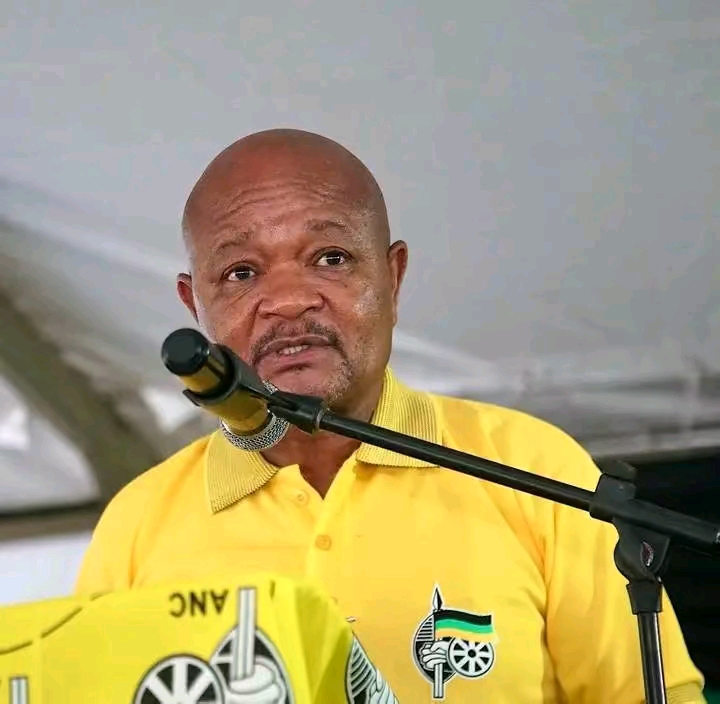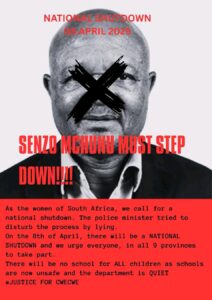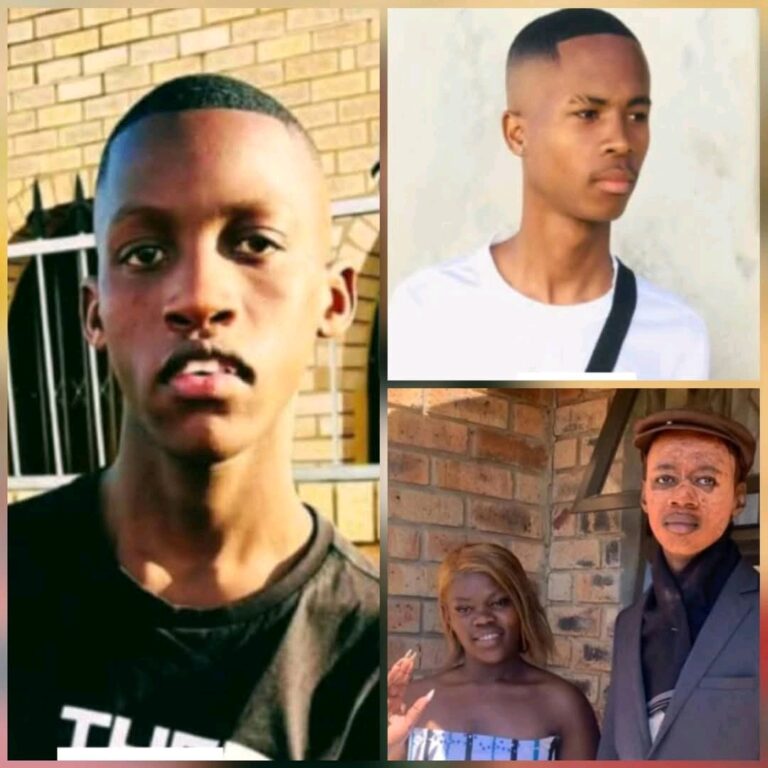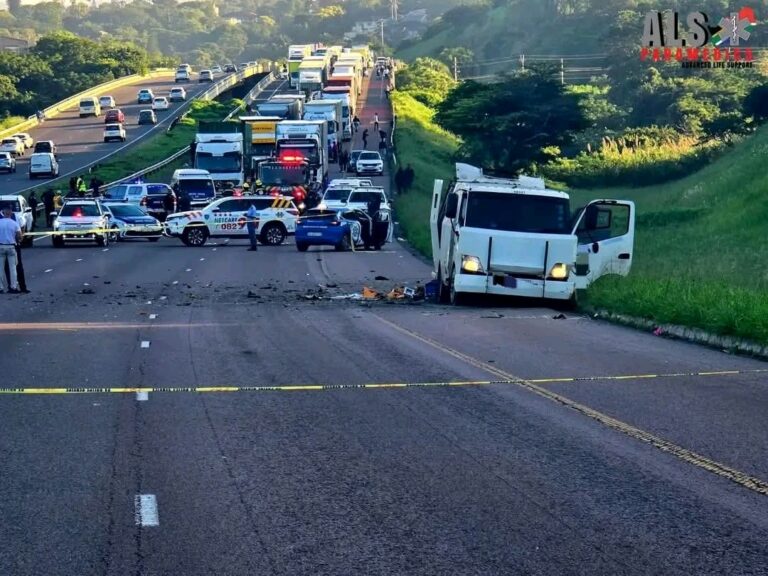
A powerful wave of public outrage is sweeping across South Africa, as citizens from all walks of life unite under the trending banner #JusticeForCwecwe. At the center of this growing national unrest is Minister Senzo Mchunu, whose resignation is now being demanded by thousands of frustrated citizens who believe he has failed in his role.
The movement, which began gaining traction on social media platforms in recent weeks, is now boiling over into the streets. A National Shutdown has been officially announced for 08 April 2025, as protesters prepare to bring the country to a standstill to make their voices heard.
Cries of “Senzo Mchunu must go!” and “We will not be silenced!” have echoed through cities as demonstrators organize for the mass action. What started as digital activism has now transformed into a full-blown national campaign, reflecting deep-seated anger over what many are calling a lack of accountability, justice, and responsible leadership in government.
Many protesters say the shutdown is more than just a call for Mchunu’s resignation—it represents a broader frustration with systemic failures and political negligence that have gone unaddressed for far too long. “This is not just about one man. This is about all the people who have suffered because of poor leadership,” said one protester during a local gathering.
The shutdown is expected to impact transportation, economic activity, and public services across major cities. Organizers have urged supporters to stay home from work and school and to refrain from using public transportation on the day of the action. Some businesses are already preparing for possible disruptions, with contingency plans being put in place in anticipation of widespread participation.
As the country gears up for the shutdown, tensions are rising. Various civil society groups, student unions, and political activists have lent their support to the cause, reinforcing the momentum behind the movement. Online discussions reveal a growing consensus among young South Africans in particular, who feel their futures are at stake due to poor governance and lack of opportunity.
Meanwhile, the government has yet to issue a formal response to the mounting calls for Minister Mchunu’s resignation. Critics argue that the silence only adds fuel to the fire, with some interpreting it as a disregard for the public’s concerns.
This moment is shaping up to be a turning point in South Africa’s political landscape. Whether or not the shutdown achieves its immediate goal, it clearly signals a shift in public sentiment and a renewed demand for transparency, justice, and meaningful leadership.
As the shutdown unfolds, all eyes will be on the government’s response—and on the unity and determination of the citizens driving this historic movement.




